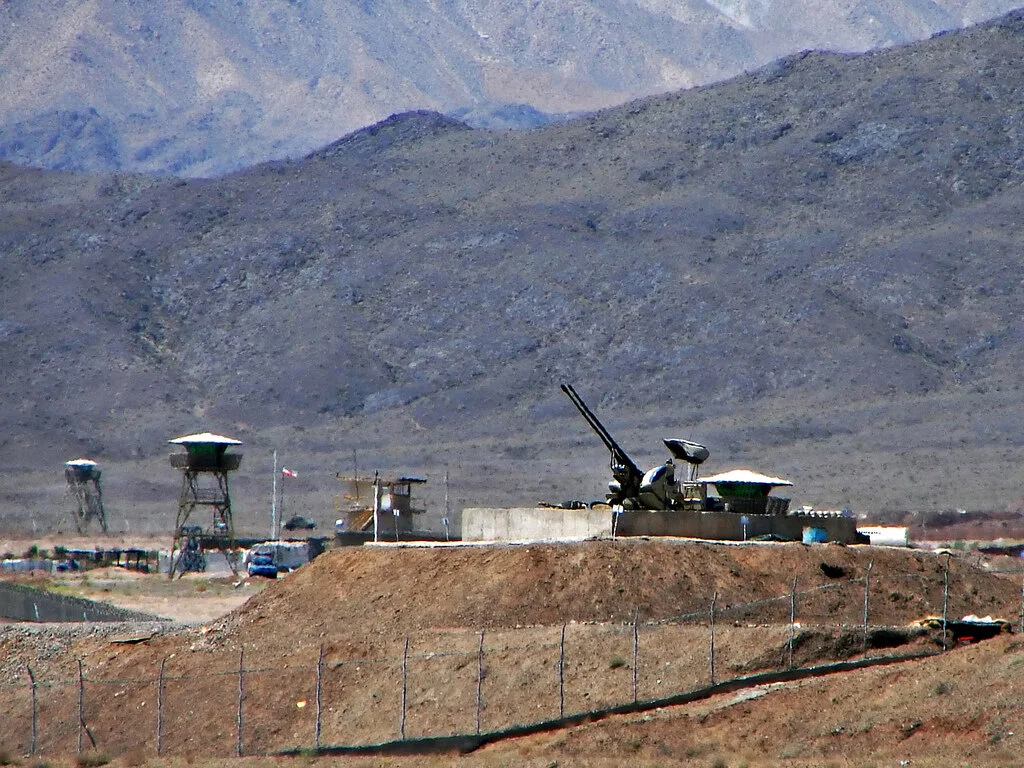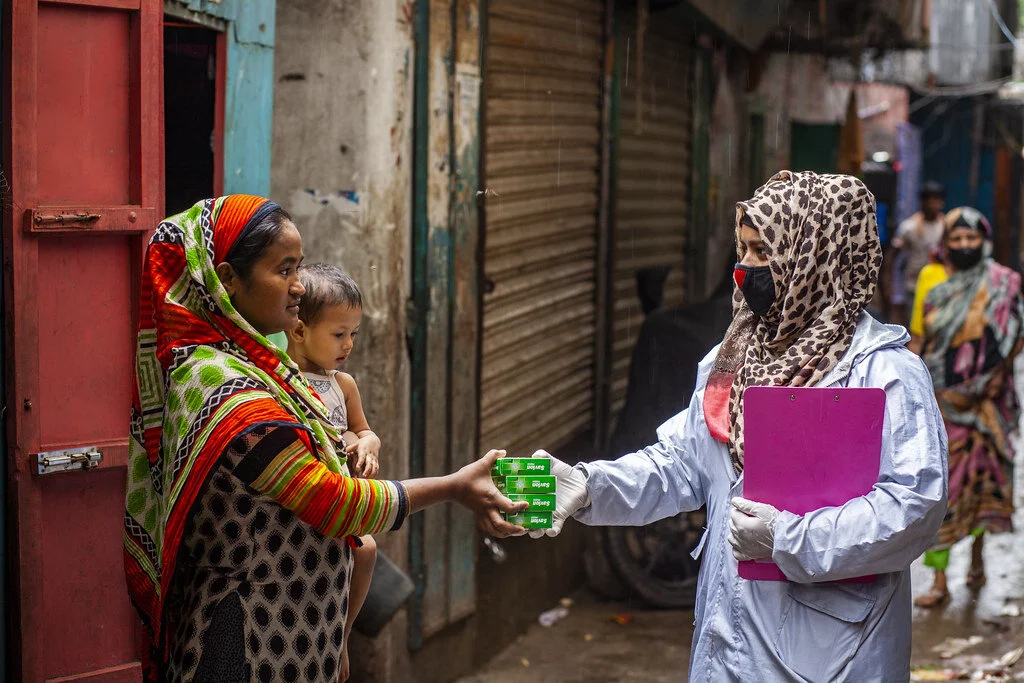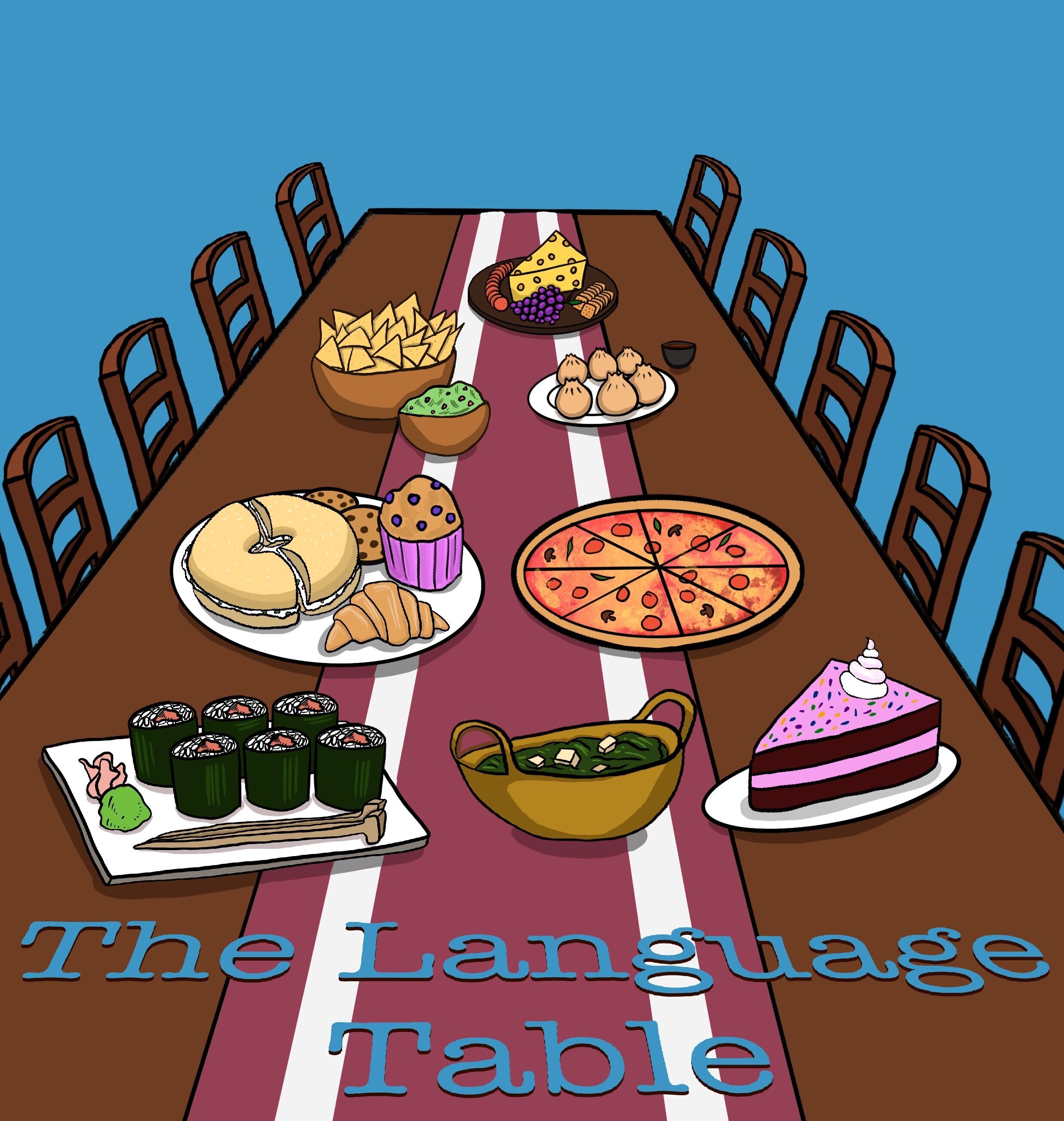Photo courtesy of Wikimedia Commons.
While the death toll of the recent earthquake was lower, many people were reminded of the 7.5 magnitude earthquake that killed an estimated 150 people in 2018. Infrastructure, including the power grid, was damaged in the Sept. 11 earthquake.
By Sophie Soloway ’23 & Hannah Raykher ’23
Editor-in-Chief | H.R. Manager
Content warning: This article discusses mass death.
An earthquake with a magnitude of 7.6 struck Papua New Guinea on Sunday, Sept. 11. Al-Jazeera reported that this natural disaster — which struck at a 38-mile depth according to the United States Geological Survey — sparked landslides and damaged nearby infrastructure. The quake resulted in at least seven deaths, according to reports from Fox Weather.
This earthquake comes four years after another hit the country. In February 2018, a 7.5 magnitude earthquake killed an estimated 150 people, reported Al Jazeera. This quake similarly triggered landslides and disrupted natural resource access and health care services. According to the World Health Organization, “Some 544,000 people were affected with 270,000 in need of immediate humanitarian assistance.”
James Marape, the Papua New Guinean Prime Minister, referenced the previous earthquake in a statement, according to Al-Jazeera. He stated that “he expected the damage to be less than that from a 2018 earthquake and series of aftershocks.”
According to Corrine Liu ’23, an environmental studies major, the country’s geographic location plays a role in its frequent earthquakes. They shared that, “PNG gets a lot of earthquakes because it sits on essentially an arc of faults in the Pacific Ocean, so it’s a hotspot for seismic activity.”
Liu, who has also experienced earthquakes in their home state of California, stated that their own memories of the natural disasters “showed how we are fully vulnerable to the world and that with most natural phenomena, everyday people have no control or way of best preparing.”
Papua New Guinea’s hotspot is also known as the Ring of Fire, according to Sarah Parsons ’24, a geography major. Parsons compared the country’s geology to Oregon, their home state on the west coast of the U.S., which experiences “A lot more seismic [and] volcanic activity.”
Following the earthquake, officials have told Reuters that the depth of its epicenter has limited some of the damage that may otherwise have been possible. Beyond the seven reported deaths since Sunday, Police Commissioner David Manning told Reuters that, “The regional power grid, internet cables, roads and highways had been damaged.”
An Al Jazeera report suggested that the state’s lost infrastructure and financial constraints may pose more prominent challenges in its recovery from this earthquake, especially given its socioeconomic status, stating, “With government resources limited, much of the rescue effort has been carried out by small private companies and volunteers.”
















